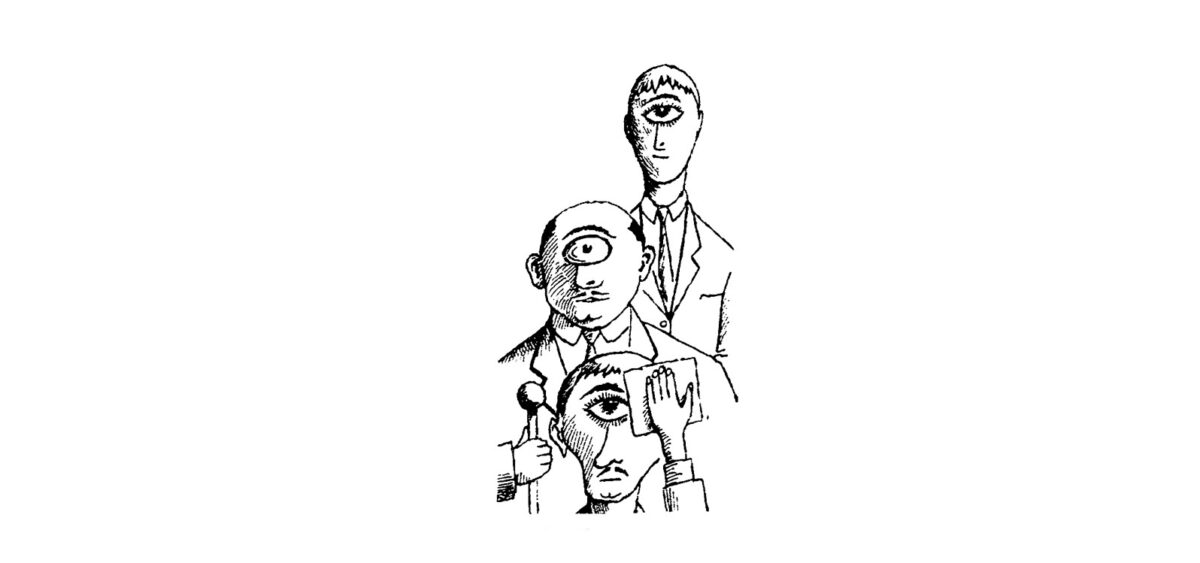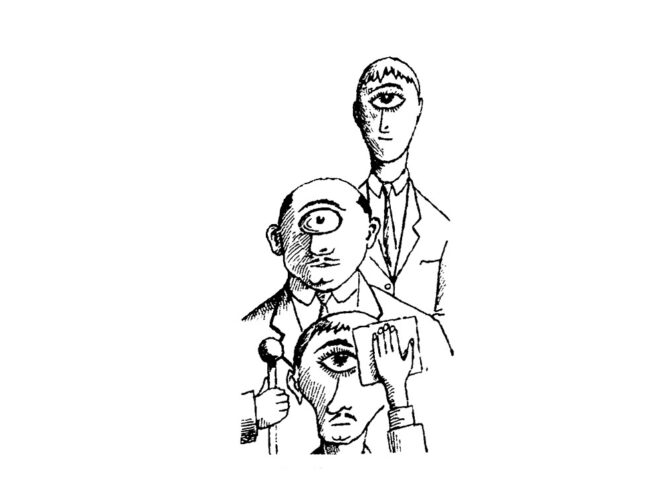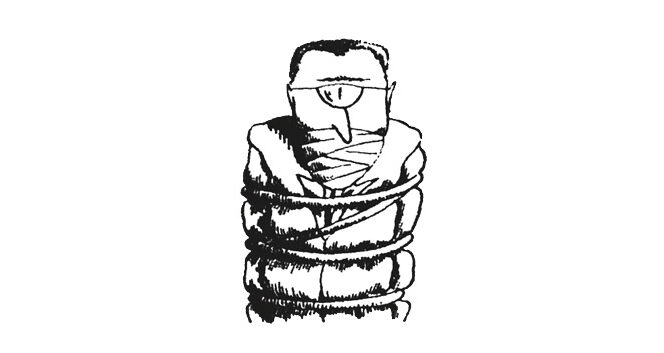
People were healthier in pre-war times than they are today. They didn’t use antibiotics, and they could conquer the common cold in only a week rather than seven days. Commissioner Maciejewski, on the other hand, did not suffer from any illnesses at all, maybe with the exception of the occasional hangover. Until that unfortunate autumn came around, that is…
Our protagonist woke up with muscle pains, a stuffy noise and heavy breathing. Two alarm clocks were ringing on his night table; both were a blur, as if he were gazing at them through a dirty window pane. And it wasn’t until Maciejewski pressed the button that they merged into one, only to drift apart again a moment later. The commissioner sat up on his bed and








